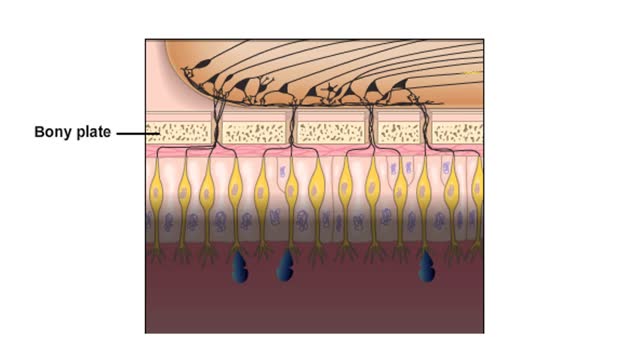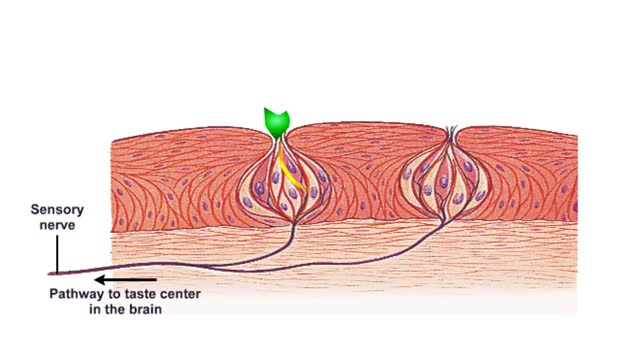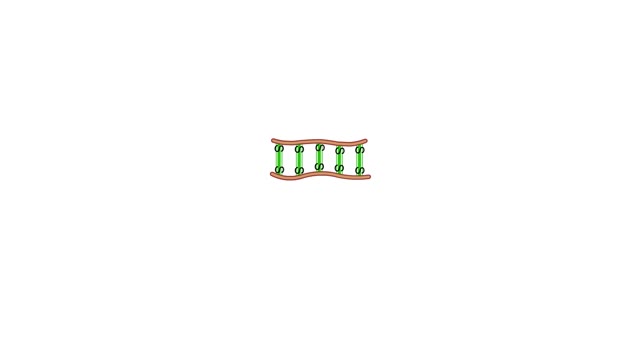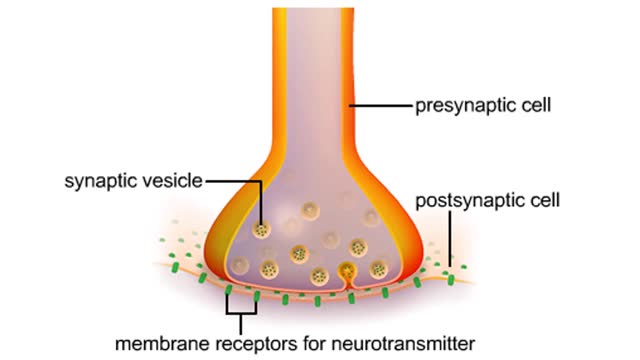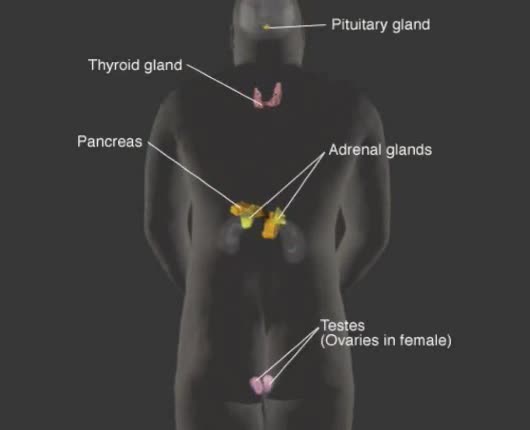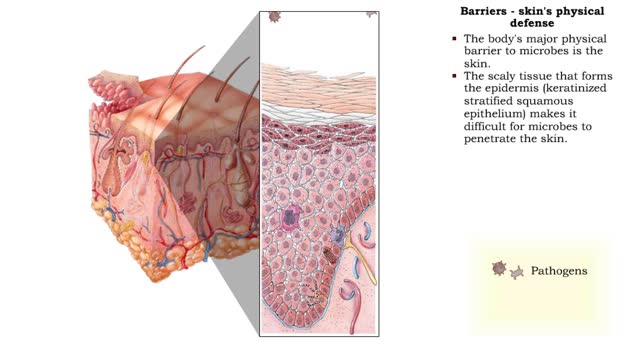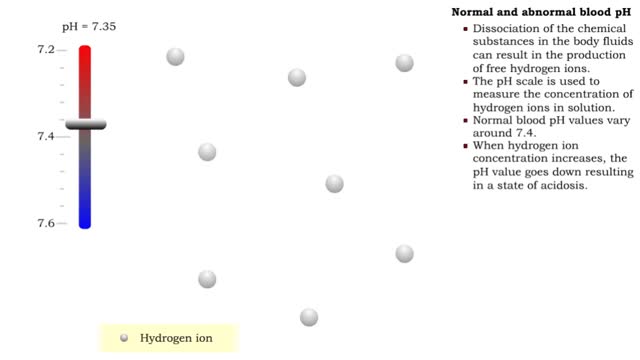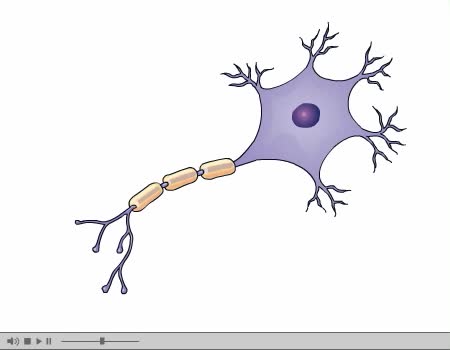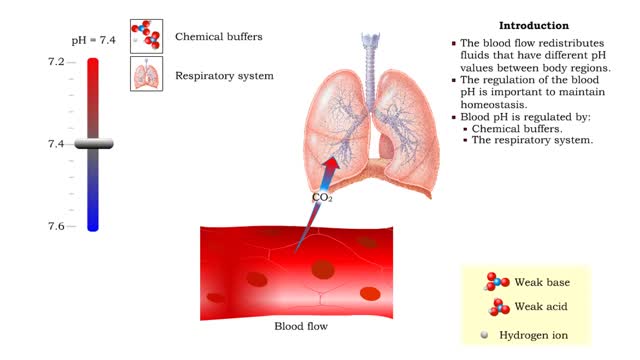Search Results
Results for: 'chemical and molecular evolution'
Olfaction. or the sense of smell
By: HWC, Views: 8491
Do you ever wonder how you can distinguish thousands of different odors? Olfaction. or the sense of smell, is used by all mammals to navigate, find food, and even find mates. We have millions of olfactory receptors for smelling in our nose. These receptor neurons bind water-soluble or volatil...
What are Taste Receptors? How Does it Work? Animation
By: HWC, Views: 7923
Do you ever wonder how you can taste the foods you eat? It all starts with taste receptors in your muscular tongue. Taste receptor neurons are found in your taste buds but you are not looking at the taste buds. The raised bumps on the surface of the tongue that you see are specialized epith...
Anatomy and Chemical Makeup of a Single Hair (Animation)
By: HWC, Views: 9407
The hair's outer cuticle surrounds hair cells filled with tough keratin macrofibrils. Each macrofibril consists of smaller microfibrils. A microfibril is made up of three keratin polypeptide chains. The chains are linked together by disulfide bonds. A hair consists of keratin chains held...
By: HWC, Views: 8443
A neuromuscular junction is a chemical synapse between the axon endings of a motor neuron and a muscle cell. A narrow synaptic cleft separates the presynaptic cell (the motor neuron) from the postsynaptic cell (the muscle cell). The presynaptic cell contains vesicles filled with neurotransmitt...
By: Administrator, Views: 1667
Vital function of endocrine system: Production and regulation of chemical substances called hormones. Hormones Chemical transmitters released in small amounts and transported via bloodstream to a target organ or other cells. Transfer information and instructions from one set of cells to anot...
Non-specific disease resistance mechanisms & Skin's defense barriers
By: HWC, Views: 11056
• Non-specific disease resistance acts quickly to fight a wide variety of invaders. • Mechanisms include: • Barriers • Antimicrobial substances • Cellular defenses • Inflammation • Fever Barriers - types • Physical and chemical bathers prevent invasion by micro...
By: HWC, Views: 11098
• Dissociation of the chemical substances in the body fluids can result in the production of free hydrogen ions. • The pH scale is used to measure the concentration of hydrogen ions in solution. • Normal blood pH values vary around 7.4. • When hydrogen ion concentration increases, t...
Nerve Impulse Transmission Animation
By: Administrator, Views: 14467
How nerves transmit impulses. Stimulation of a nerve occurs at a receptor. Sensory receptors Specialized to specific types of stimulation such as heat, cold, light, pressure, or pain. React by initiating a chemical change or impulse. All-or-none principle Means that no transmission occ...
Role of the respiratory system - effect of altered ventilation rates
By: HWC, Views: 10907
• Dissociation of the chemical substances in the body fluids can result in the production of free hydrogen ions. • The pH scale is used to measure the concentration of hydrogen ions in solution. • Normal blood pH values vary around 7.4. • When hydrogen ion concentration increases, t...
Advertisement



